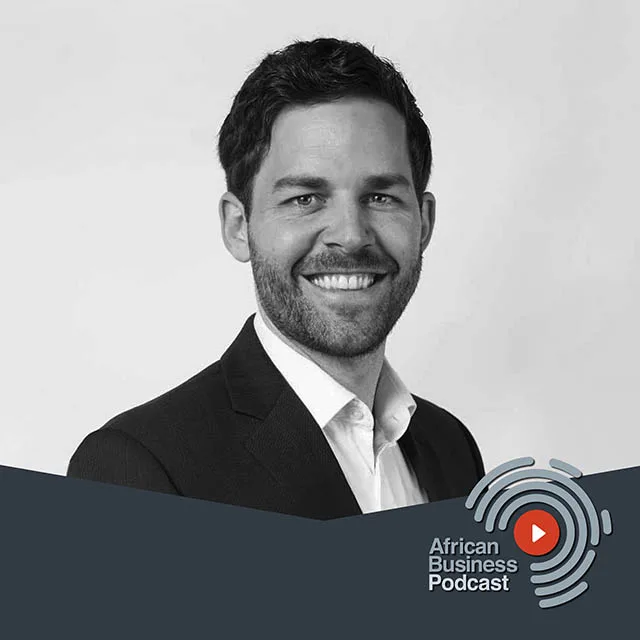
Charter cities unlock African economies
Season 3, Episode 2
Duration: 59m
With the development of a new charter city in Zanzibar, we talk to Kurtis Lockhart, Executive Director, Charter Cities Institute, to find out whether charter cities can deliver broad-based prosperity in Africa and further afield.
Charter cities are a relatively new concept in urban development introduced by the economist Paul Romer based on creating self-governing zones with their own legal and administrative systems. These cities are designed to attract foreign investment, spur economic growth, and improve living conditions for their residents.
Charter cities typically have a high degree of autonomy, allowing for experimentation with policies that may not be feasible in the wider country. They are often built from scratch, allowing planners to incorporate the latest innovations in infrastructure, transportation, and sustainability. The philosophy behind these cities asserts that well-designed, devolved legal and institutional frameworks are crucial for meaningful economic development.
Some examples of cities that have prospered economically on a similar model are Shenzhen, Singapore and Dubai. But while these cities are gleaming metropolises of commerce, their effects on inequality, culture and community are open to debate.
Proponents argue that by creating new cities with their own legal systems, governments can overcome the bureaucratic hurdles that often stifle economic growth.
But the idea has also drawn criticism. Opponents also argue that the creation of charter cities could undermine local governance structures and deprive local communities of their rights. Others fear that it could lead to neocolonialism, treating the Global South like a laboratory with an exploitative approach to local resources.
In an interesting parallel, the idea of the charter city has drawn supporters from the controversial Effective Altruism movement, which our interviewee, Lockhart cites as an intellectual influence. Lockhart contends that these issues can be overcome through public-private partnerships that work alongside indigenous knowledge.
Further reading
Credits
Host and executive producer: Dr Desné Masie
Co-producer: Peter Doerrie
Research: Angus Chapman, Dr Desné Masie and ChatGPT
Digital Editor: Charles Dietz
Design: Jason Venkatasamy
 Sign in with Google
Sign in with Google